As the world deals with the COVID- 19 pandemic, ensuring safeguards to curb its spread, it has become of utmost importance to question how the government is dealing with personal, sensitive data. Given the seriousness of the disease, the question of data may seem like a futile one. However, with news about the racism the pandemic has brought about, and the conditions of quarantines, it is perhaps worth thinking what the government actually does with our data.
For the past few months, India has been in a state of unrest; the discriminatory Citizenship Amendment Act has made thousands of people take to the streets to voice their dissent. Even as the movement continues, news about protesters being recorded are making the rounds. Since the police works under the government, it is important to ask if they have been asked to record videos on government orders? Or are they doing it on their own volition? And who is party to the access of this data?
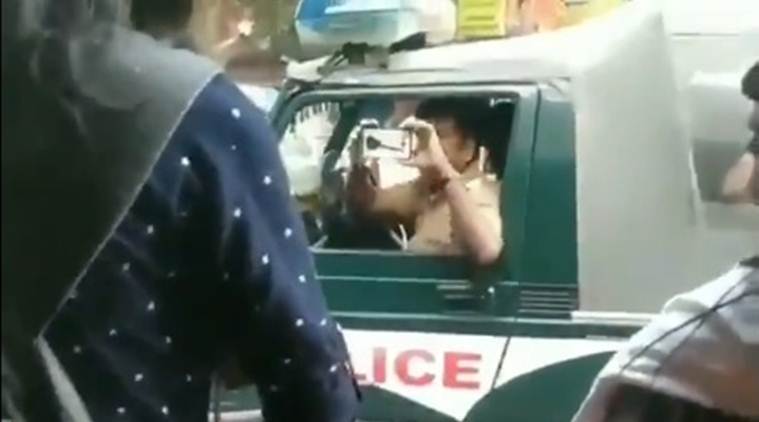
Image Source: The Indian Express
Time and again, voters’ lists have been allegedly used to perpetrate violence against particular groups as in the case of Anti-Sikh riots 1984, and the Gujarat riots of 2002. Such information, which is only available with state institutions makes one wonder how complicit a government is in misusing personal data. With the digital age, more and more data is available just a click away. With the lack of proper, well-developed cyber laws, questions about privacy violations arise. Who has access to our information? And how is our information really being used?
Right to privacy was declared a Fundamental Right under Article 21 Right to Life in 2017. In the digital age then, how are our rights being violated?
The Story Of Aadhar
Aadhar contains the biometric, iris scans and personal information of a billion Indian citizens. In 2018, the Supreme Court ruled that Aadhar linking was only mandatory if you wanted a PAN card or needed to file income tax returns. It barred Aadhar linking by private companies. Aadhar was also not needed to link bank accounts. However, Aadhar was deemed necessary for availing welfare schemes. The SC ruled that collecting basic biometric data did not lead to a violation of privacy.
Two years on, documents revealed by a RTI show that the government is in the final steps of making a Social Registry. This means that the government will create a searchable database carrying all information about a citizen. From when a person changes jobs, to when they buy new property, to whom they marry, to when their family members are born or die.
Two years on, documents revealed by a RTI show that the government is in the final steps of making a Social Registry. This means that the government will create a searchable database carrying all information about a citizen. From when a person changes jobs, to when they buy new property, to whom they marry, to when their family members are born or die – all such information would be available to the government.
Aadhar Misuse?
While this effort was envisioned as an effort to understand the dynamics of poverty, things now tell a different story. By creating a database, or a network of databases of all citizens, their caste, religion, employment, marital status, income, property, etc. will all be gathered in one place. This means that each and every person’s socio-economic status can be tracked easily by the government. And unlike the Census which only enumerates rather than gather personal data, the Social Registry does not have such safeguards.
Also read: Is It Safe For Women To Be Under Surveillance?
Aadhar information has already been misused in the past. A substantial number of voters were de-registered in Telangana and Andhra Pradesh; there have been deaths due to starvation because people’s ration cards were not linked to their Aadhar; in Jammu and Kashmir, Aadhar is not recognized as valid proof; not to mention that Aadhar data has been leaked on various occasions. What then can such a consolidated database do?
Firstly, who will this Social Registry be available for? Can individuals access it? Can private companies access it? Secondly, if Aadhar data has been used for pro-poor schemes for a targeted audience, can it not be used for violence against some groups? Thirdly, what happens when knowledge about someone’s addresses in available? With stigma against live-in couples, Muslims, Dalits, same-sex couples already prevalent, can the availability of such data create a system of state discrimination? And in the wake of the National Registry of Citizens coupled with the Citizenship Amendment Act that decides who will be a citizen, what role will the Social Registry play? Finally, the most important question that we need to ask is, are we moving towards a surveillance state?
most sanitation workers are Dalits, while their supervisors inevitably are from upper castes. What does it mean for an upper caste person to literally track, hear, see and record the movements of a Dalit worker at all times of the day?
Tracking Sanitation Workers
In the guise of the Swachh Bharat initiative, Municipal Corporations have started using GPS tracking systems to track sanitation workers. With a microphone and a camera attached to a smart watch, supervisors can track all movements of a sanitation worker while on duty. Since most sanitation workers are employed on a contractual basis, even a small break during working hours means a pay cut.
Since Human Efficiency tracking systems earn more points for municipalities on the Swachh Survekshan rankings, more money allocated for the Swachh Bharat Abhiyan is being spent on these GPS trackers. This essentially means that sanitation workers are not being provided with other basic amenities like masks, boots and gloves. In some cases, sanitation workers have been required to wear the trackers even after duty hours. Such systems have been implemented in cities like Navi Mumbai, Thane, Chandigarh, Lucknow, and Indore.
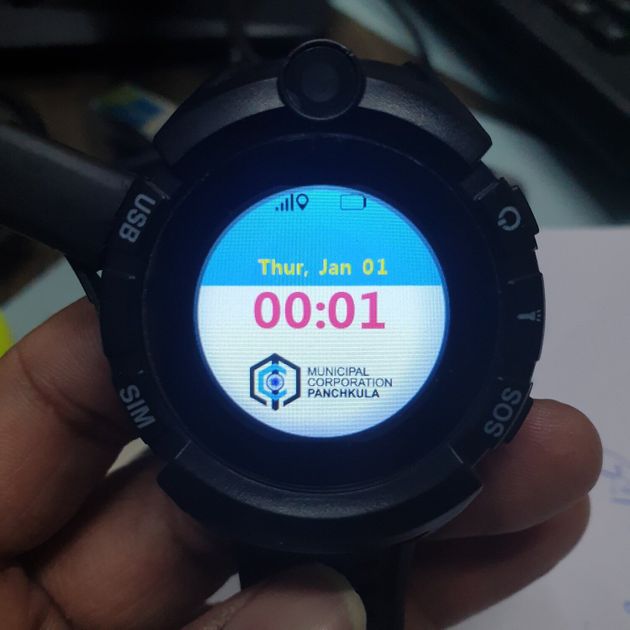
Image Source: Huffpost India
This is not to mention that most of these workers are Dalits, while their supervisors inevitably are from upper castes. What does it mean for an upper caste person to literally track, hear, see and record the movements of a Dalit worker at all times of the day? Since these workers are unaware about their rights during working hours, tracking devices are being forced on them. What then does consent mean? Women workers, in fact, have stopped using washrooms for fear of being recorded. Consent then, is not only limited to working conditions, but also to privacy.
Sanitation work continues to be dangerous and stigmatized in India. In fact, while manual scavenging has been made illegal, the number of manual scavengers has only increased under the Swachh Bharat initiative. As per the Union of Ministry of Social Justice and Empowerment, 282 sanitation workers died between 2016 and November 2019. As per a report by Wateraid, one sanitation worker dies every five days. What then has really been done for sanitation workers except making their lives more difficult because they are being constantly tracked?
However, with news about the racism the pandemic has brought about, and the conditions of quarantines, it is perhaps worth thinking what the government actually does with our data.
Are You Being Recorded?
CCTVs seem important for public safety, especially for women. Installation of CCTVs is meant to be a deterrent for harassers, stalkers, robbers and others who commit crimes. Since their actions are recorded, there will be proof of their involvement which can lead to their indictment. There have often been claims made that CCTVs have in fact been of great assistance in addressing crime rates. However, is it not possible that the criminals only became more innovative and aware of avoiding these cameras? And how does this dependence on technology actually address the socio-economic, political, cultural and psychological reasons as to why crimes are committed?
This then brings the question of what good is CCTV surveillance doing? While they may not be bad in and of themselves, it is worth asking who has access to CCTV data, especially from the cameras installed by the government. Secondly, how secure are these cameras and what happens to the data in case they are hacked? Who is accountable for the protection of this data? Are facial recognising software being used in these cameras? If so, can they lead to higher gender and racial profiling, and in turn, to both cyber stalking and real life stalking?
As anti-CAA protests have taken the country by the storm, there have been increased reports of police recording videos of protestors. There have also been reports of drones flying around recording protestors. In Lucknow, hoardings with the names, addresses and phone numbers of anti-CAA protestors had been put up. If such data is so readily available, are recording devices really creating a more unsafe state?
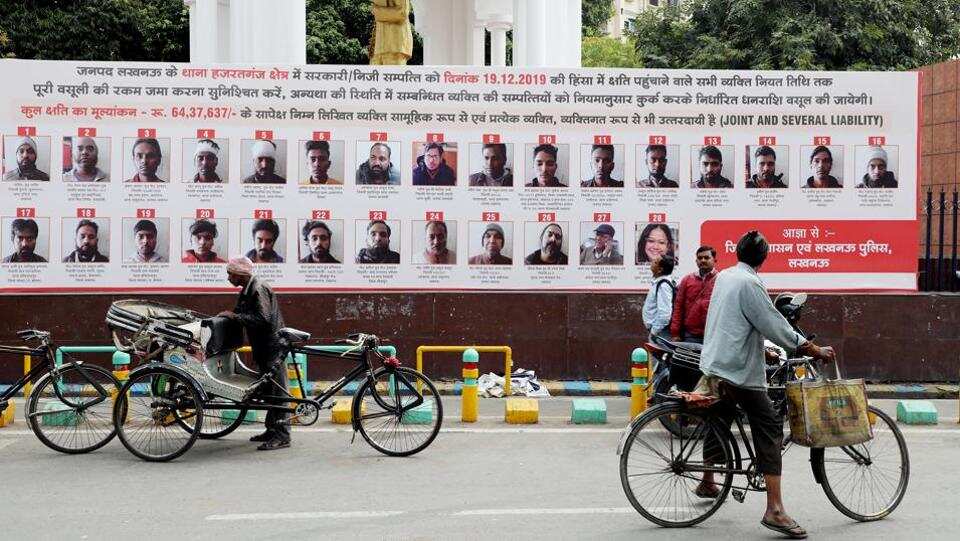
Image Source: Hindustan Times
Are We Really Safe?
It is worth questioning then what the government plans to do with this Social Registry. The government has constantly attempted to fudge up or not reveal data. With its rhetoric to create a Hindu Rashtra, the BJP in a way, has led to an increase in surveillance by citizens as well, where people feel compelled to take action against certain groups. This is evident in the case of cow lynching, or more recently, in the case of Jamia and Shaheen Bagh shooters.
The existence of technology only makes matters worse. The government has been accused of being involved in Whatsapp snooping; its crackdown on protestors could mean that CCTVs could well be an outlet they plan to use to arrest or detain protesters. Moreover, it is still unclear who manoeuvres over our data. With the existence of facial recognition software, and the possible availability of our whole social-economic data, how safe can we feel? And what about measures like the Data Protection Bill where government agencies are exempt from informing how personal data is being used?
Also read: Personal Data Protection Bill 2019: The Rise Of A Surveillance State
There is no conclusive correlation between reduced crime and presence of CCTV. In that scenario, how are our governments actually addressing women’s safety when there is so much stigma against reporting any form of harassment? And how do we navigate a space where raising our voice against the government translates to landing up in jail? Where then do we draw the line between safety, the right to privacy and being snooped on by a surveillance state?
Featured Image Source: The Logical Indian
About the author(s)
Suyashi Smridhi is an aspiring writer and journalist from Patna. Her work has appeared on platforms like sbcltr.in, Coldnoon- International Journal of Travel Writing and Travelling Cultures amongst others. She is an alumnus of the Summer Institute, University of Iowa, a two-week creative writing cum cultural exchange program between India, Pakistan and the US.
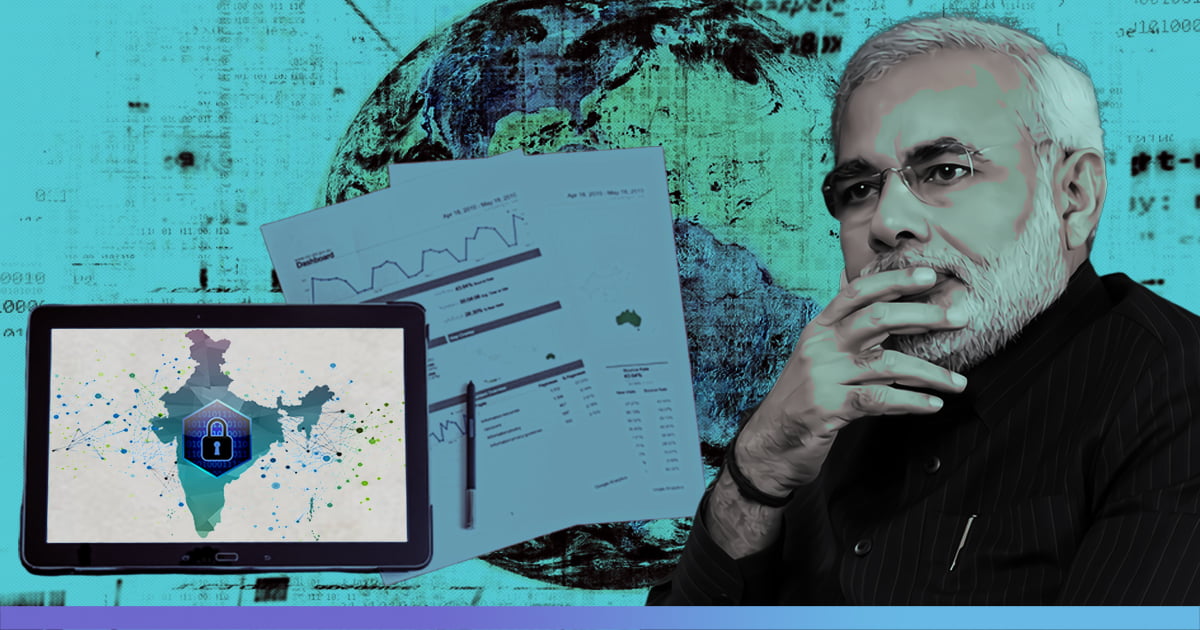


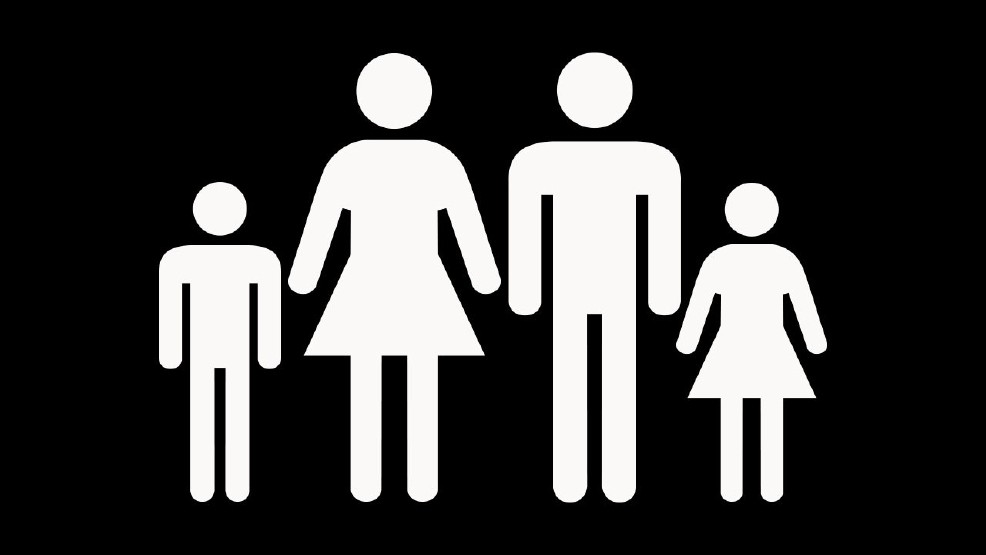

America as a country has all the data starting from your finger-print from the moment you enter the country, and it has the social security number, which has the full idea of all of your econmic status… It has the credit system, which knows about even when you get a loan from bank, how big of a loan etc. If they can be tracked why not India? Where people already enter the country without any proper validation. It is a much needed system in a country where protesters are creating havoc, by hitting doctors and policemen.
I would say people should support this idea of a centralized database, but again peiple like you always try to make it a wrong thing.
Makes me wonder if this page is always against a specific sect.